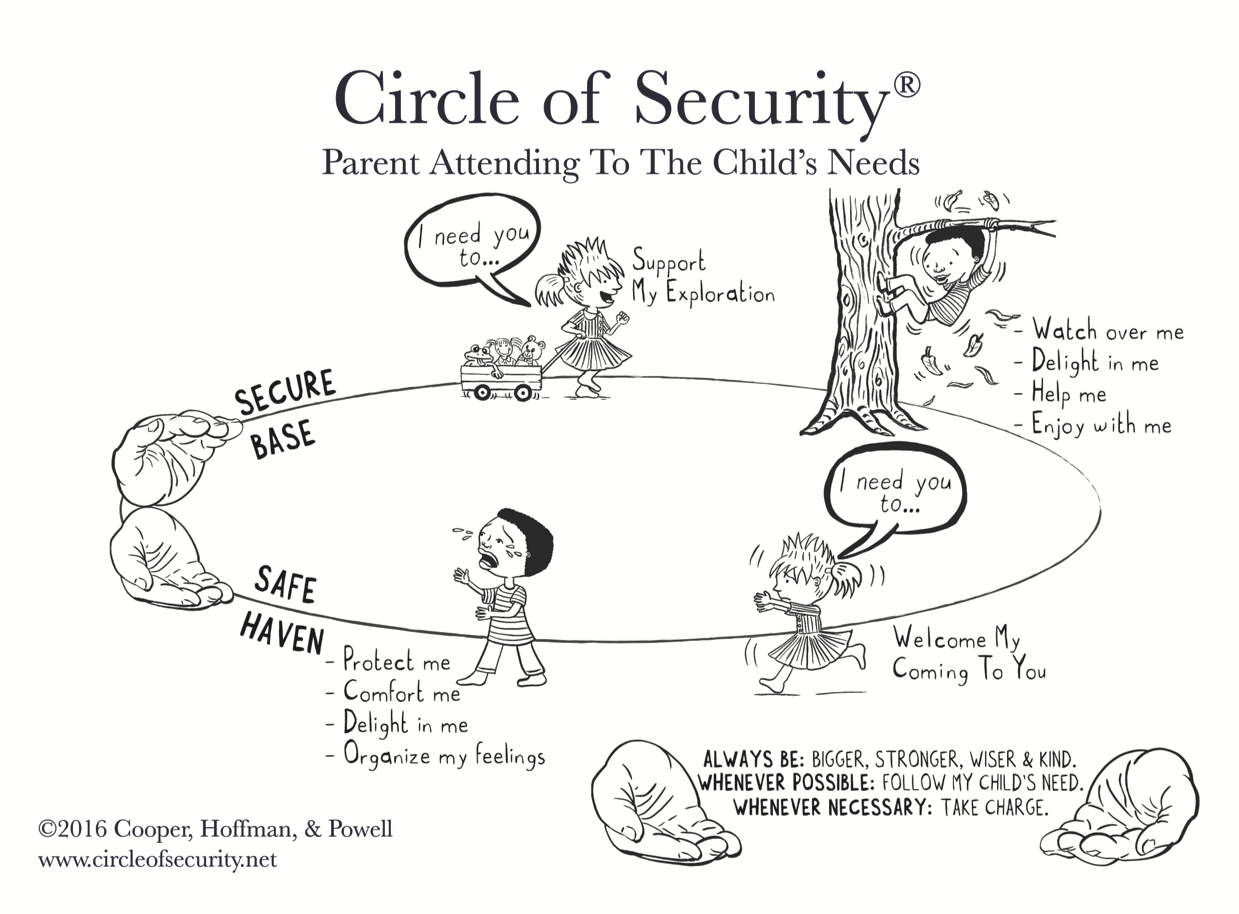3 reasons why Attachment gives us the Power of Parent
Parenting is based on relationship, not by techniques or strategies
Have you ever got frustrated about your child’s neediness?
I did many, many times. There was one day when I was struggling with my child’s constant “neediness” and I was wondering what strategies I can use to get him play independently so that I can do the chores & the work that I needed to catch up.
My ‘aha’ moment came when I got to learn more about Attachment Theory and Circle of Security framework. As I began to apply the learning in my interactions with E, I gained more confidence in attuning to my child’s needs and he is generally more open when I engage him.
So…. what is Attachment?
Attachment is the emotional connection formed between a child and their parents/caregivers. Secure attachment grows over the years when the child’s needs are met by their parents lovingly & respectfully. When the child’s needs are consistently met , they learn that they matter as their voices are heard & their needs are worthy. Most importantly, they feel that they can trust their parents for comfort and guidance.
When we have a strong attachment with our child, it gives us the power to parent. Why is this so?
1. Our child wants to know that they are seen by & important to us
Children don’t like being forced or coerced by people we don’t trust and feel connected with, as they are not sure if these people are reliable and can help them feel safe. When our child isn’t attached to us, they might see our guidance as coercion and feel “act out”. Securely attached children are typically more cooperative because they want to be follow the parent’s lead.
2. We become our child’s “home base”
One of the benefits of secure attachment is that it creates a secure base for the child. Having a secure base allows them to have the courage to explore his world.
When people comment that a child is “too attached,” they misunderstand what they are seeing. Children who are chronically frightened & unable to leave their parent’s side are not too attached; it is because they don’t feel attached & assured enough.
When the parent fills the emotional cup of a securely attached child, it actually puts the child at rest emotionally. These children will be more open to learn and explore their surroundings. Different children have different needs for filling their emotional cup - so while one of your child may be happy reading near you, another child might want to be physically close to you while playing his blocks.
I love the book “Rest, Play, Grow” that elaborates more on this. The book - “Five Love Languages of Children” is also a great reference to know the different preferences of children to fill their emotional cups. The book “Raising a Secure Child” is based on the Circle of Security Framework and it shares more about the importance of secure base and how our childhood experiences & beliefs can undermine the way of attachment.
3. We become our child’s compass point
Children looks upon their parents for cues about what is acceptable and good in life. When parents are the child’s compass point, the child follows the parents’ lead in terms of values and morality. Without a secure attachment, the child will look to replacement other sources or figures, such as peers, idols and movies, to build their view on values and morality.
In Summary
Ultimately, it boils down to the question -Do we want our child to turn to us or run away from us during difficult moments?
Effective parenting lies not in what we do but in who we are to our child. When we parent in a way that focuses on the relationship rather than tactics/strategies to manage their behaviours, we are able to build trust and security from young all the way until the turbulent teenage years.

